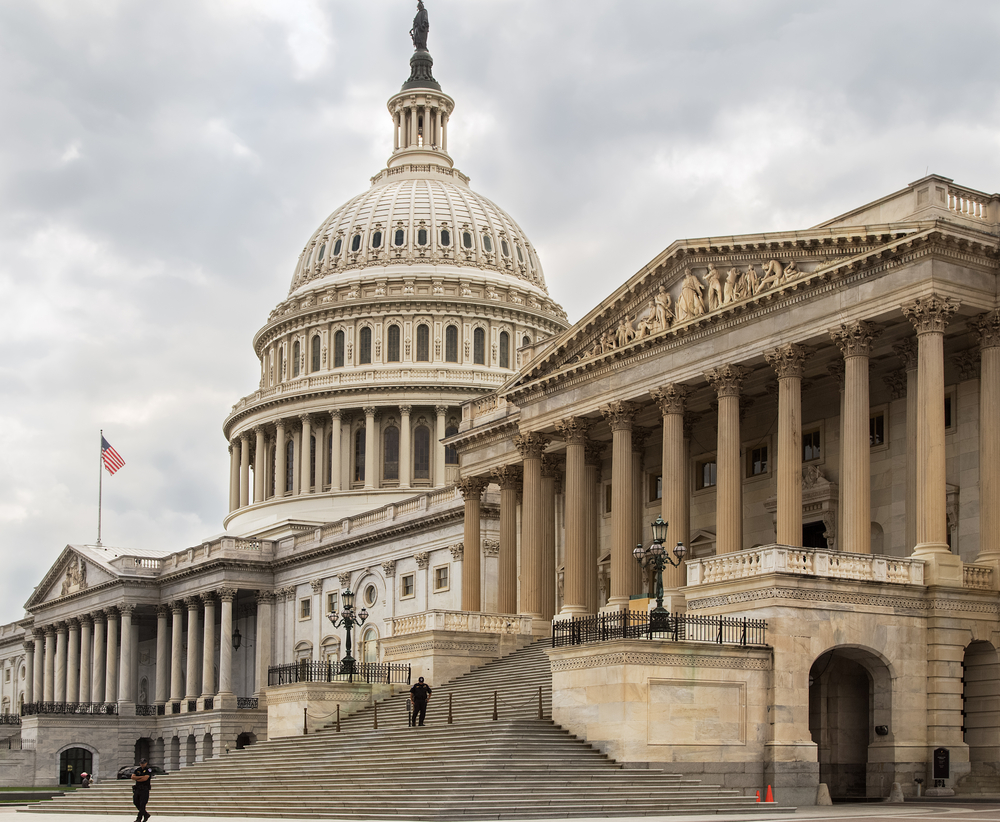March 21, 2022 – Pros and cons of the FDA’s accelerated approval pathway took center stage at a House Energy and Commerce Committee meeting held last week. While a slate of health-related bills for possible inclusion in the Prescription Drug User Fee Act (PDUFA VII) reauthorization package were discussed, the hearing led off with arguments about competing bills to restrict or broaden the accelerated approval process, prompted in part by the recent controversial approval of Biogen’s Aduhelm to treat Alzheimer’s disease (see related story here).
House Energy and Commerce Committee Chairman Frank Pallone (D-N.J.) advocated for a bill he introduced on March 7 – the “Accelerated Approval Integrity Act of 2022 (H.R. 6963) — which would impose serious penalties on companies that fail to complete confirmatory studies following accelerated approval. Pallone’s bill would make not doing these studies in a timely manner a violation of the Federal Food, Drug & Cosmetic Act, resulting in fines or other sanctions. Further, his bill would allow for an automated revocation of the approval if the required trials are not done within a year of their deadline. The bill would also require that drug labels for these products indicate they were approved through the accelerated approval pathway.
The committee’s ranking member, Rep. Cathy McMorris Rodgers (R-Wash.), has introduced a competing bill to overhaul the accelerated approval pathway, the “Accelerating Access for Patients Act of 2022” (H.R. 6996). “Accelerated approval is how precision medicines are approved,” Rodgers stated at the hearing, calling for the committee to consider “how we can expand access to promising innovation with the appropriate guardrails in place.”
She said she “will not support anything that will undermine this important pathway,” although she would allow the FDA to issue regulations spelling out “expedited procedures” to withdraw its approval for accelerated pathway drugs.
During FDA Commissioner Dr. Robert Califf’s confirmation process, he committed to Sen. Ron Wyden (D-Ore.) that he would “take strong action” within 30 days of being sworn in to hold companies accountable for completing confirmatory trials. “Congress is likely to keep the pressure on Dr. Califf to follow up on this commitment, and may dictate changes beyond those Califf would wish to make,” said Jon Bigelow, executive director of the Coalition for Healthcare Communication.
The House committee hearing also discussed other legislation that could be added to the PDUFA reauthorization bill, including proposals about where to locate the new Advanced Research Projects Agency for Health (ARPA-H) within the government hierarchy, mandates to try to ensure more diverse populations are included in clinical trials, and a bill called Cures 2.0 including several actions intended to speed up drug research.
House legislators seeking action related to the accelerated approval pathway indicated that they may add a rider to the user fee reauthorization bill that could limit the agency’s authorities in this area and put teeth into its enforcement of post-approval study requirements for accelerated approval products.
The implications of tacking accelerated approval provisions onto PDUFA legislation include:
- Because PDUFA VII is “must pass” legislation, any accelerated approval guardrail bill that gets attached to it during committee is likely to end up (in some form) in the final iteration; and
- Debate over these provisions could slow down the already tight timeframe to pass PDUFA VII before Oct. 1.
Axios reported March 21 that 28 percent of novel drugs approved by the FDA in 2021 (14 of 50) were approved through the accelerated approval process, up from 23 percent in 2020. Although the Aduhelm decision has garnered negative publicity for the pathway, it also is responsible for allowing people with cancer and other conditions “to access new drugs deemed to meet unfilled needs much faster than if the drug went through the regular approval process,” according to Axios.




